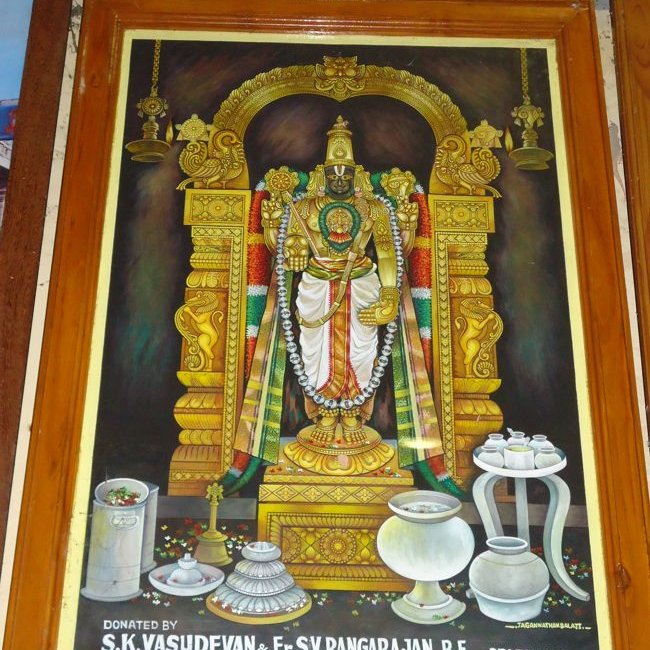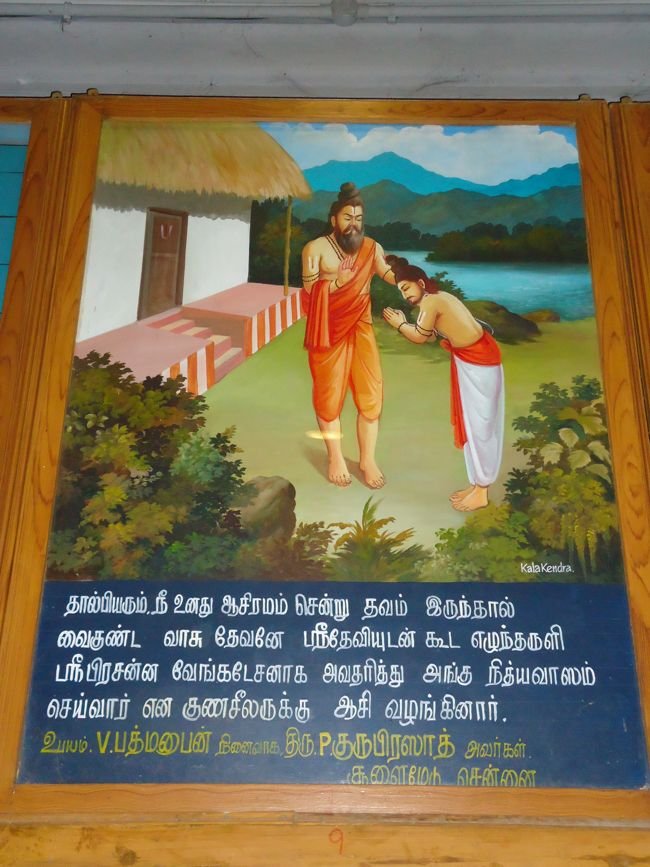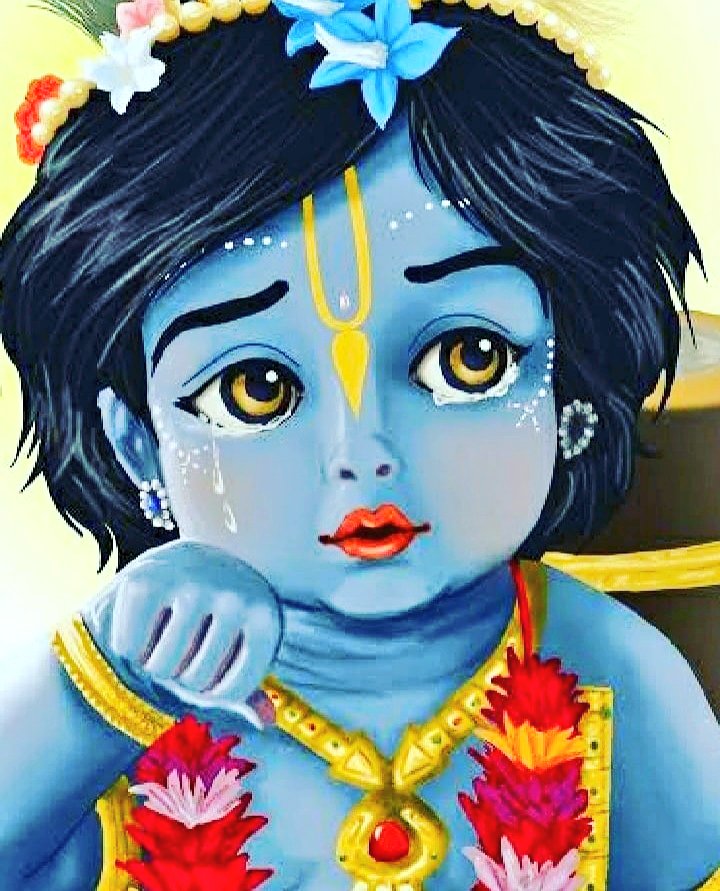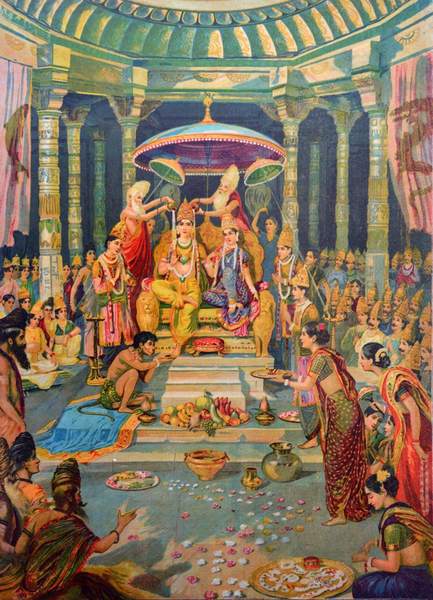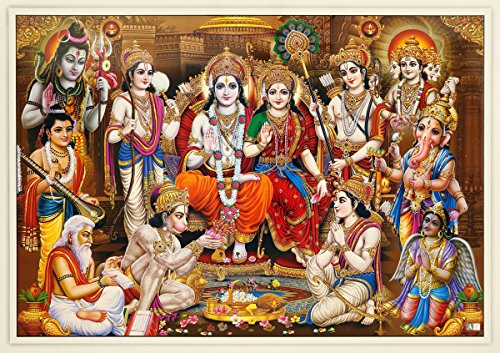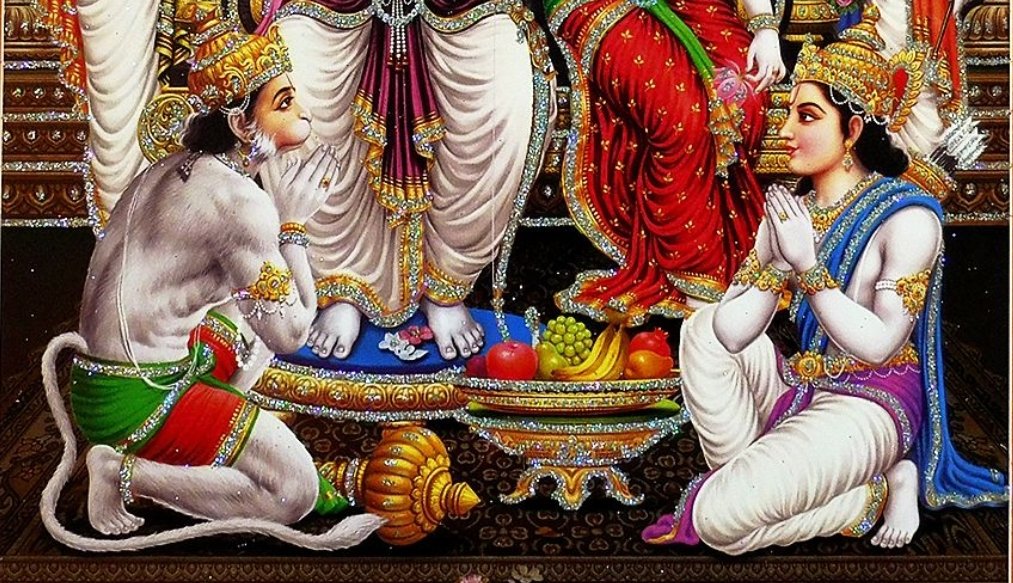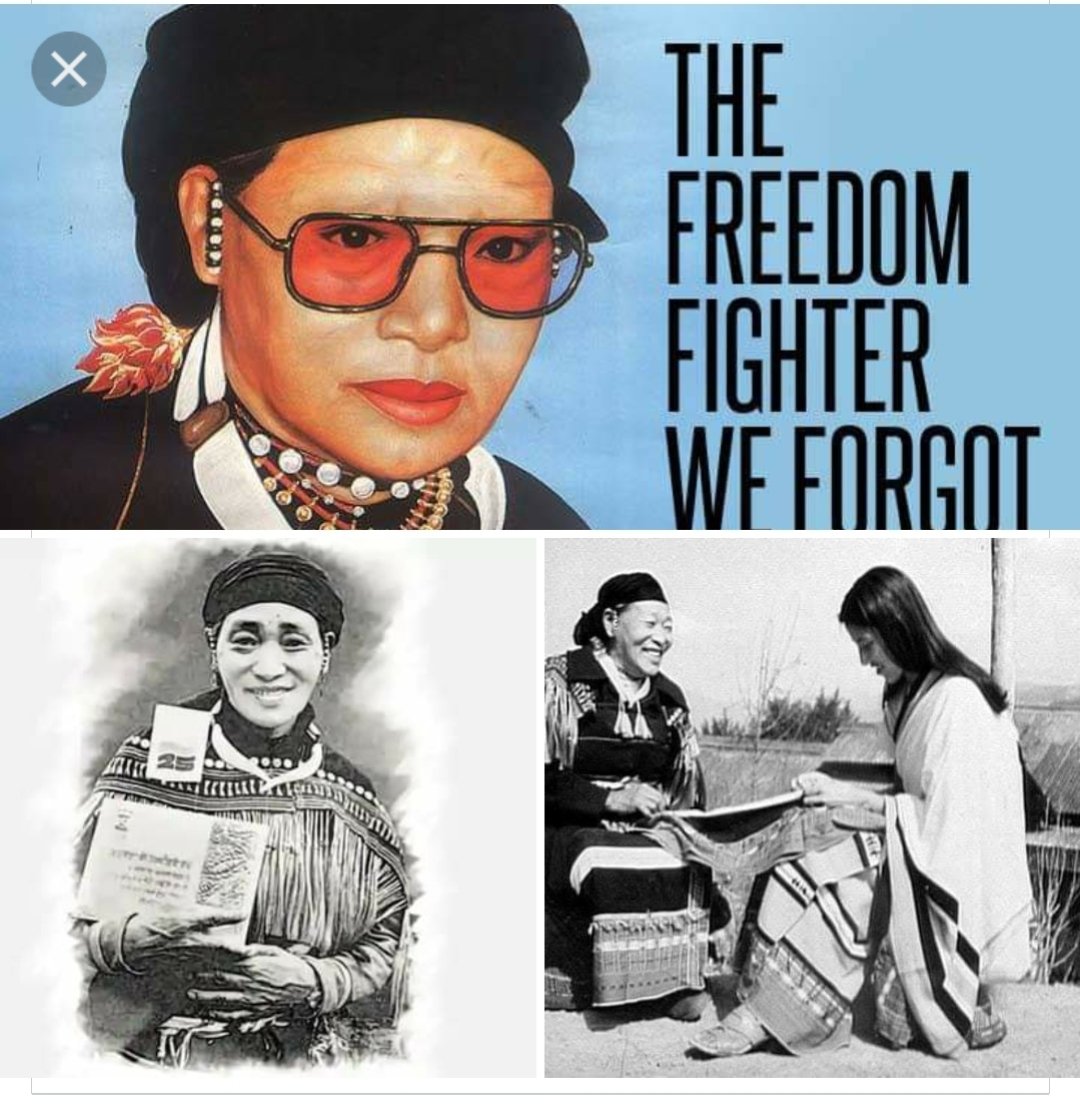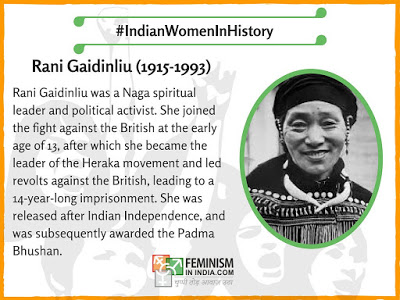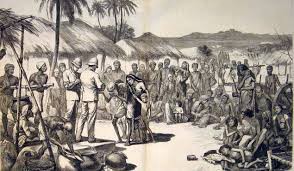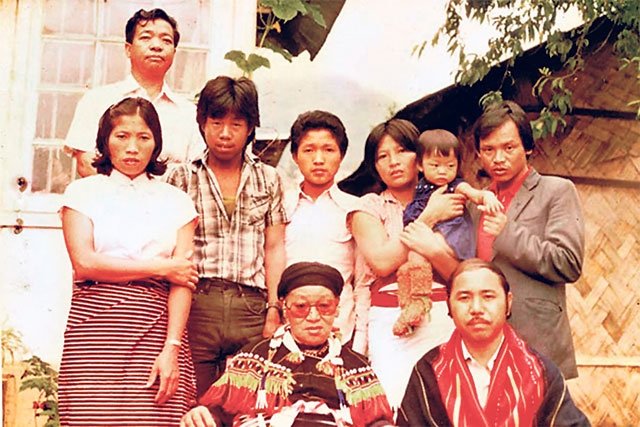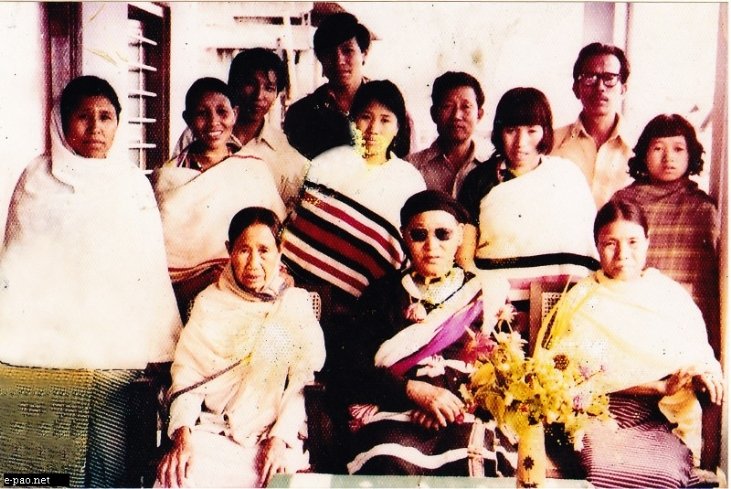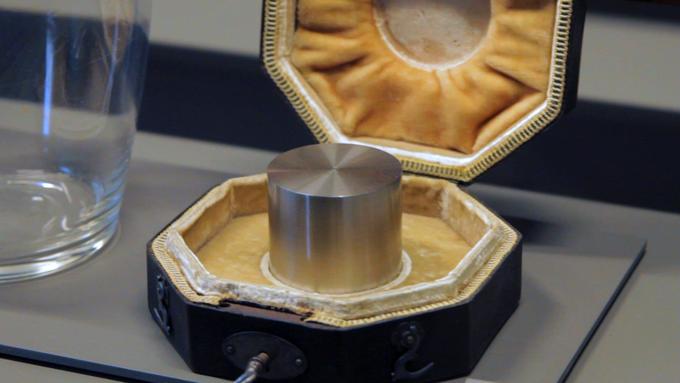Thinking about how, in Judaism, redeeming captives is considered a "great mitzvah," something that takes precedence over even supporting the poor, and the cash bail system.
1/x thread
People have not been convicted of any crime.
Enduring the horrors of the prison system because they don't have the money not to.
https://t.co/2P1SYe4eLg
https://t.co/EdyX1xXgvV
Hey Illinois:
— Rabbi Danya Ruttenberg (@TheRaDR) February 3, 2021
Please pick up the phone and CALL @JBPritzker and tell him to sign HB 3653, which eliminates cash bail in most cases and removes qualified immunity for police.
Numbers to call in next tweet. https://t.co/20251SDgph


